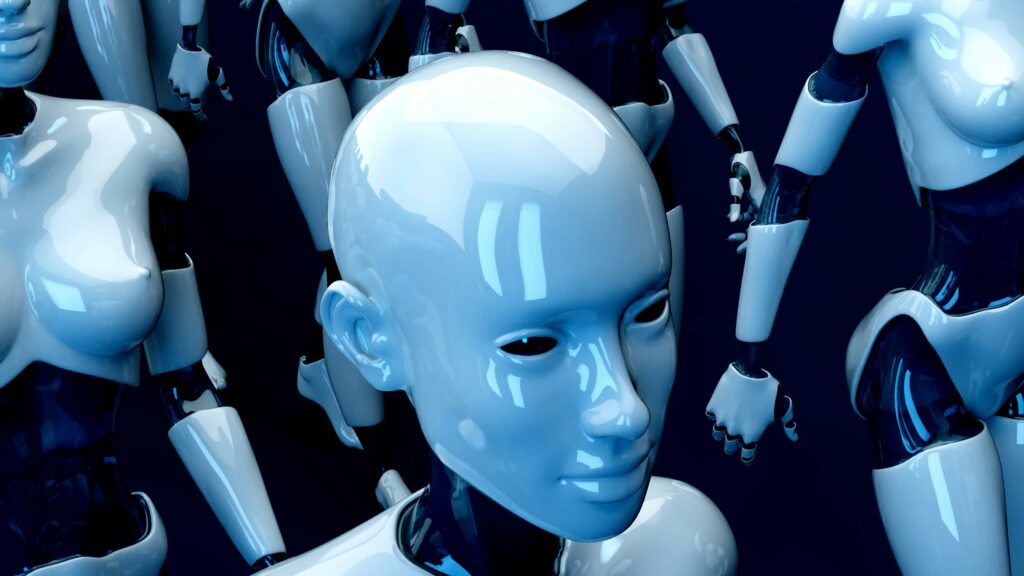Imagine a world where robots are not only assisting humans with tasks but also learning and evolving on their own. While this may sound like the plot of a sci-fi movie, it is quickly becoming a reality thanks to the advancements in artificial intelligence and machine learning.
Companies like OpenAI are at the forefront of this technological evolution, developing AI systems that can not only perform tasks but also improve their own capabilities through a process called reinforcement learning. This means that instead of being programmed with specific instructions, these AI systems are given a goal and allowed to learn and adapt on their own.
According to CEO of OpenAI, Sam Altman, “We are witnessing a new era of AI, where machines are not just following rules but actively learning and developing their own strategies to achieve goals.” This shift in approach has led to significant breakthroughs in various industries, from healthcare to finance, where AI-powered systems are not only streamlining processes but also making intelligent decisions in real-time.
As we embrace this new era of autonomous AI, it is crucial to consider the ethical implications and ensure that these systems are designed with human values in mind. By striking a balance between innovation and ethics, we can harness the full potential of AI to improve our lives and create a more sustainable future.



